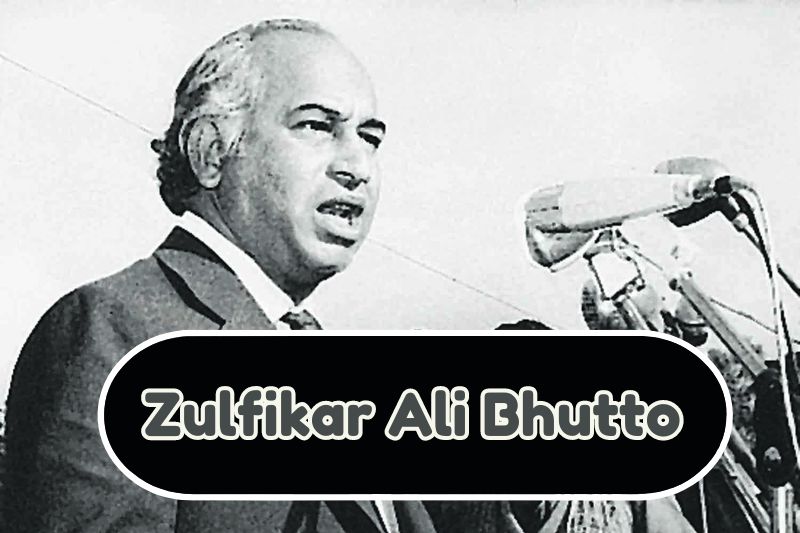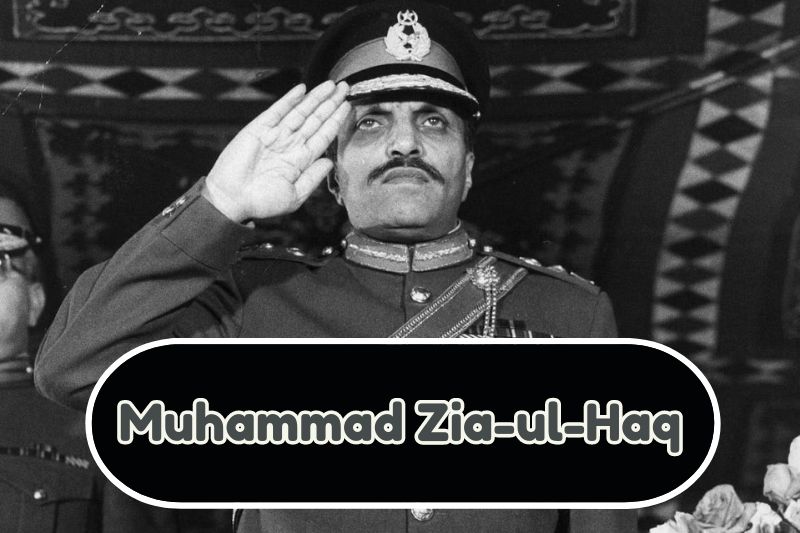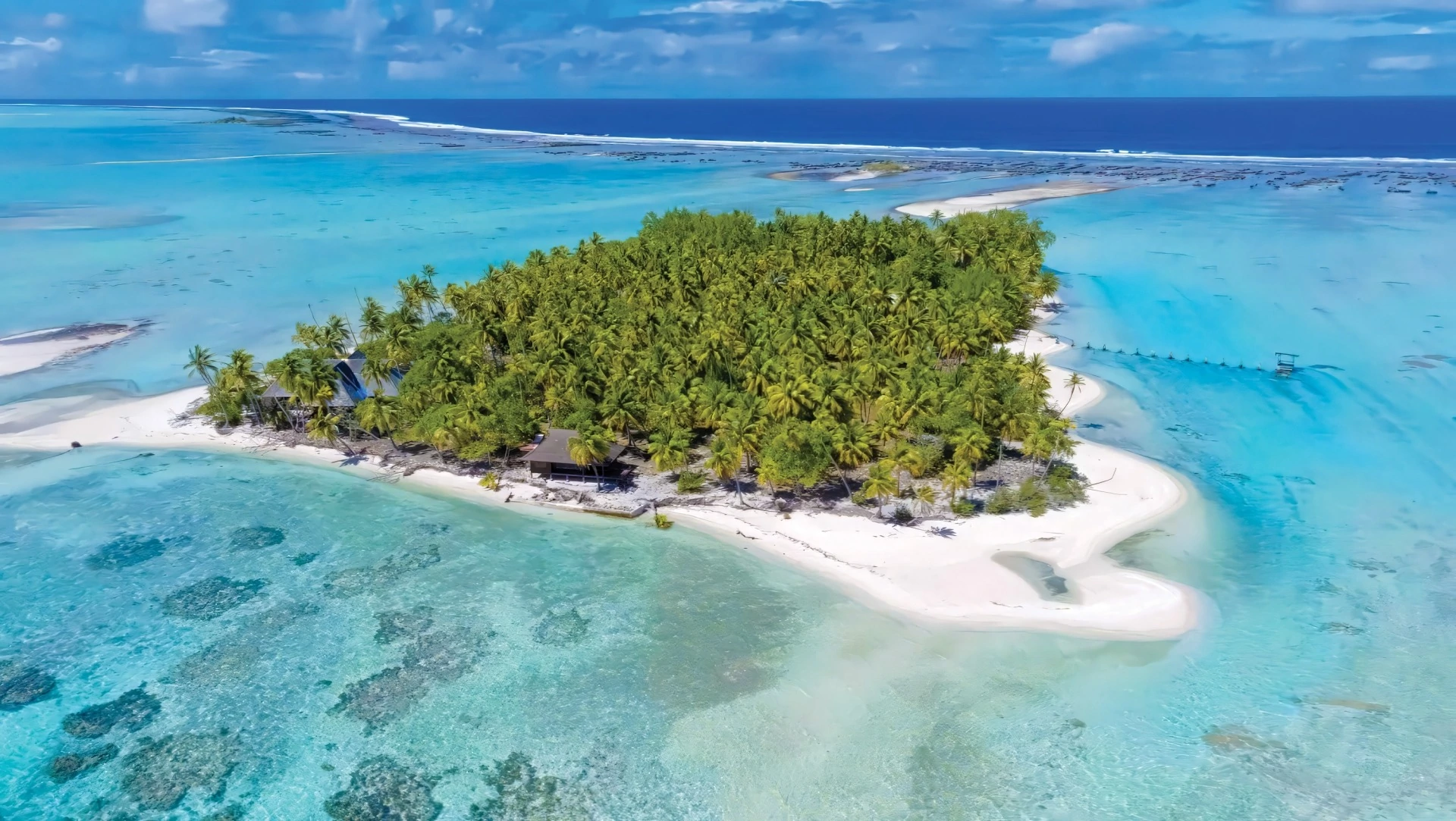
Share Post:
Pakistan’s political landscape has been shaped by a myriad of figures, each leaving an indelible mark on the country’s trajectory.
From its tumultuous birth in 1947 to the present day, certain leaders have steered the nation through periods of crisis, reform, and transformation.
Table of Contents
ToggleMuhammad Ali Jinnah: The Founder and Guiding Force
Muhammad Ali Jinnah, often referred to as “Quaid-e-Azam” (The Great Leader), stands as the most towering figure in Pakistan’s history. Born on December 25, 1876, in Karachi, Jinnah’s political career began in the Indian National Congress, where he advocated for Hindu-Muslim unity. However, disillusionment with the Congress’s policies and the growing marginalization of Muslims led Jinnah to join the All India Muslim League, which he eventually transformed into the main political force advocating for an independent Muslim state.
Vision for Pakistan
Jinnah’s vision for Pakistan was rooted in the protection of Muslim rights within a democratic framework. He envisioned a secular state where all citizens, regardless of their religion, would have equal rights. His speeches and statements consistently emphasized the need for religious tolerance, rule of law, and the protection of minorities.
Jinnah’s leadership during the critical years leading to independence was crucial. He negotiated with the British and the Indian National Congress, ensuring that the demand for a separate Muslim state was recognized. His unwavering stance during the talks and his ability to galvanize Muslim support were instrumental in the creation of Pakistan on August 14, 1947.
Legacy and Impact
Jinnah’s death in 1948, just a year after Pakistan’s creation, left a leadership vacuum that the country has struggled to fill. His ideals of democracy, justice, and religious tolerance remain a benchmark, though subsequent political developments have often strayed from these principles. Despite the challenges Pakistan has faced, Jinnah’s vision continues to inspire political discourse and remains a point of reference for leaders advocating for a modern, inclusive, and progressive Pakistan.
Zulfikar Ali Bhutto: Architect of Pakistan’s Modern Political System

Zulfikar Ali Bhutto, a charismatic and controversial figure, is perhaps the most influential leader in Pakistan’s post-independence history. Born on January 5, 1928, in Larkana, Sindh, Bhutto rose to prominence in the 1960s, first as a member of the military government under Ayub Khan, and later as the founder of the Pakistan People’s Party (PPP) in 1967.
Political Reforms and Achievements
Bhutto’s tenure as Prime Minister (1973-1977) was marked by significant political and social reforms. He is credited with introducing Pakistan’s first comprehensive constitution in 1973, which established a parliamentary system and enshrined fundamental rights. Bhutto also nationalized major industries, banks, and educational institutions, aiming to reduce inequality and increase state control over the economy.
His foreign policy was equally transformative. Bhutto sought to strengthen Pakistan’s ties with the Muslim world and played a key role in the formation of the Organisation of Islamic Cooperation (OIC). He also laid the groundwork for Pakistan’s nuclear program, a move that has had lasting implications for the country’s defense and international standing.
Downfall and Legacy
Bhutto’s downfall came swiftly after a controversial election in 1977, leading to widespread protests and eventually, a military coup led by General Zia-ul-Haq. Bhutto was arrested, tried, and executed in 1979, a move that remains one of the most polarizing events in Pakistan’s history.
Despite his tragic end, Bhutto’s impact on Pakistan’s political culture is undeniable. He introduced a populist style of politics that resonated with the masses, particularly the poor and marginalized. His legacy lives on through the PPP, which has remained a major political force in Pakistan. Bhutto’s vision of a progressive, self-reliant Pakistan continues to influence political narratives, especially in the context of democracy and social justice.
Benazir Bhutto: The Trailblazing Woman in Pakistani Politics
Benazir Bhutto, the daughter of Zulfikar Ali Bhutto, was not only the first woman to lead a Muslim-majority country but also a pivotal figure in Pakistan’s political history. Born on June 21, 1953, Benazir inherited her father’s political legacy and faced immense challenges, including the trauma of his execution and the subsequent repression under Zia-ul-Haq’s military regime.
Leadership and Achievements
Benazir’s political career was marked by her struggle to restore democracy in Pakistan. After Zia’s death in a plane crash in 1988, she led the PPP to victory and became Prime Minister at the age of 35. Her government focused on social reforms, particularly in health and education. She also worked towards improving women’s rights, establishing the first women’s police stations, and launching programs to combat polio and other diseases.
Her second term (1993-1996) saw further efforts to stabilize Pakistan’s economy and improve its international relations. However, her tenure was marred by allegations of corruption and mismanagement, leading to her eventual dismissal from office.
Assassination and Legacy
Benazir’s assassination in 2007 during an election campaign rally was a significant turning point in Pakistan’s political history. Her death not only deprived Pakistan of a charismatic and experienced leader but also underscored the risks faced by those challenging entrenched power structures.
Benazir Bhutto’s legacy is multifaceted. She remains a symbol of resilience and determination in the face of adversity, particularly for women in Pakistan. Her efforts to promote democracy and human rights, despite the obstacles she faced, have left an enduring mark on the country’s political landscape. The PPP continues to draw on her legacy, advocating for the values she championed during her life.
General Muhammad Zia-ul-Haq: The Enforcer of Islamization

General Muhammad Zia-ul-Haq, the sixth President of Pakistan, is one of the most controversial figures in the country’s history. Born on August 12, 1924, Zia seized power in a military coup in 1977, overthrowing Zulfikar Ali Bhutto’s government. His rule, which lasted until his death in 1988, fundamentally altered Pakistan’s political, social, and religious fabric.
Islamization and Political Control
Zia’s rule is most remembered for his aggressive Islamization policies. He introduced Sharia laws, including Hudood Ordinances, which imposed strict Islamic punishments. These policies had profound effects on Pakistan’s legal and social systems, particularly in terms of women’s rights and the role of religion in public life.
Zia also sought to suppress political dissent through censorship, imprisonment, and the execution of political opponents. His regime saw the rise of Islamic fundamentalism, partly due to his support for the Afghan mujahideen during the Soviet-Afghan War. This not only brought economic and military aid from the United States but also led to the proliferation of militant groups within Pakistan, a legacy that continues to affect the country today.
Impact and Controversy
Zia’s death in a plane crash in 1988 remains shrouded in mystery, with various conspiracy theories surrounding the incident. His legacy is deeply polarizing. While some credit him with strengthening Pakistan’s defense and fostering economic growth, others criticize him for the long-term consequences of his Islamization policies, including the entrenchment of religious extremism and the erosion of democratic institutions.
Zia-ul-Haq’s impact on Pakistan is undeniable. His policies have had lasting effects on the country’s political and social landscape, shaping the role of religion in politics and contributing to the complex dynamics that continue to challenge Pakistan today.
Imran Khan: The Populist Reformer
Imran Khan, a former cricket star turned politician, is the most recent figure on this list but arguably one of the most influential in contemporary Pakistan. Born on October 5, 1952, Khan’s rise from sports hero to political leader has been nothing short of remarkable. He founded the Pakistan Tehreek-e-Insaf (PTI) in 1996, but it took nearly two decades for his political career to gain significant traction.
Political Ideals and Leadership
Khan’s political platform has centered on anti-corruption, social justice, and the establishment of an Islamic welfare state. His rhetoric against the political elite and promises of a “New Pakistan” resonated with a large segment of the population, particularly the youth. In 2018, after years of persistent campaigning, Khan’s PTI won a plurality of seats in the National Assembly, and he became Prime Minister.
Khan’s tenure has been marked by significant challenges, including economic instability, a balance of payments crisis, and the COVID-19 pandemic. His government has undertaken reforms in education, health, and social welfare, such as the Ehsaas Program, aimed at poverty alleviation. On the foreign policy front, Khan has focused on improving relations with neighboring countries and addressing issues like the Kashmir conflict on international platforms.
Challenges and Criticisms
Imran Khan’s leadership has not been without controversy. His government has faced criticism for its handling of the economy, alleged suppression of media freedom, and perceived autocratic tendencies. His reliance on the military for support has also sparked debates about the true nature of civilian supremacy in Pakistan.
Despite these challenges, Khan’s influence on Pakistani politics is profound. He has shifted the political discourse, bringing issues like corruption and social inequality to the forefront. His populist approach and ability to mobilize large sections of society have made him a key figure in Pakistan’s ongoing political evolution.
FAQs
How did Muhammad Ali Jinnah’s legal background influence his political leadership?
Muhammad Ali Jinnah’s legal background played a pivotal role in shaping his political strategies. His training as a barrister at Lincoln’s Inn in London honed his skills in negotiation, debate, and constitutional law. These abilities were critical in his leadership of the All India Muslim League and his advocacy for Muslim rights.
Jinnah’s legal acumen allowed him to craft compelling arguments for the creation of Pakistan, positioning the demand for a separate Muslim state within the broader framework of justice and equity, which resonated with both British authorities and Indian Muslims.
What was Zulfikar Ali Bhutto’s role in the 1971 Bangladesh Liberation War?
Zulfikar Ali Bhutto’s role during the 1971 Bangladesh Liberation War is complex and often debated. As the foreign minister and later as a key political leader during the conflict, Bhutto was involved in the negotiations that attempted to keep East Pakistan (now Bangladesh) within the Pakistani federation.
His hardline stance at the time and failure to reach a political settlement with Sheikh Mujibur Rahman, the leader of the Awami League, contributed to the eventual secession of East Pakistan. Following the war, Bhutto became President and later Prime Minister of Pakistan, focusing on rebuilding a fractured nation.
How did Benazir Bhutto’s education abroad shape her political vision?
Benazir Bhutto’s education at prestigious institutions like Harvard University and the University of Oxford significantly shaped her political outlook. Exposure to Western political ideas, including democracy, human rights, and liberalism, influenced her approach to governance when she became Prime Minister.
Her education also provided her with the intellectual tools and confidence to engage with global leaders, which was vital in her efforts to restore democracy in Pakistan after years of military rule.






